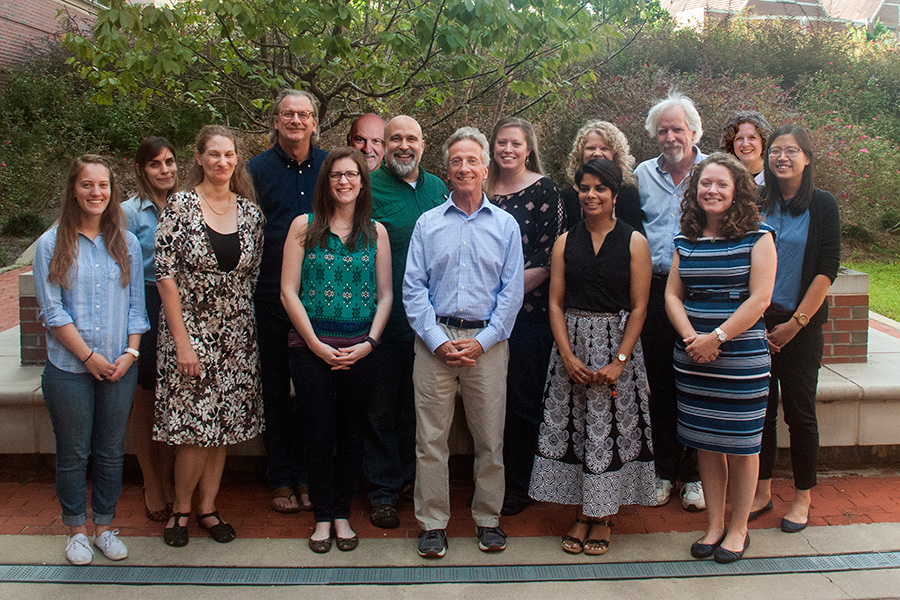FSU research team nets $8M grant to focus on students with learning disabilities

A Florida State University-based research team studying the best ways to help students with learning disabilities has received an $8 million grant from the Eunice Kennedy Shriver National Institute of Child Health and Human Development.
Led by Richard Wagner, the Robert O. Lawton Distinguished Professor of Psychology and Eugenia and Russell Morcom Chair, the grant is to further research on dyslexia and other learning disabilities, to help train the next generation of scientists, and to do public outreach to ensure that research on these issues is making its way into the nation’s schools.
“Some of the research we’ve done already has helped children in schools, but we don’t think we’ve done all we can yet,” Wagner said. “That’s really going to be our focus as we reach out more to make a difference in the schools and for families.”
The $8 million grant will be spread out over five years and fund research at Florida State as well as several other partner institutions under Wagner’s lead including Haskins Laboratories, University of California at Irvine, University of California at San Francisco, University of Washington, Vanderbilt University, Purdue University, University of Oregon, Yale and Southern Methodist University.
The grant is a continuation of work that the Florida Learning Disabilities Research Center — housed within the Florida Center for Reading Research and the College of Arts and Sciences — has done for the past 10 years. The center has had 10 years of continuous funding from NICHD and this grant extends that another five years. It is one of only three NICHD Learning Disabilities Research Centers in the country.

They will also partner with several other institutions to complete the work on the grant
Wagner initially trained to be a school psychologist but in the course of his work, realized how many students struggled with reading. After getting his doctoral degree, he set out to learn as much as he could about learning disabilities. The bulk of his work through the NICHD funding has been on dyslexia, but researchers have also looked at math disabilities and reading comprehension problems.
The research includes work in schools throughout the country, genetics analysis, brain imaging and more.
“Going forward, we’re going to capitalize on the 10 years of research we’ve already done,” Wagner said. “We’ll generate new research, but we also will work harder to make a difference out on the street — so doing something that really makes a difference for children and their families.”
Pioneering work done at Florida State on the kind of language problem that is responsible for dyslexia has influenced the major reading series used throughout the country in elementary schools. Teachers now routinely present activities to develop this area of language and hopefully prevent at least some reading problems. The research team is also currently developing a risk calculator so that educators can predict at earlier stages which children are likely to have or develop a learning disability.
In some cases, early intervention can even prevent or diminish the effects of dyslexia.
“For severe cases, there’s no way to prevent them,” Wagner said. “It’s a lifelong disability. So, it’s important you get accommodations like text-to-speech technology. However, there are mild cases where you might only notice spelling is a little harder for you. So you can prevent milder cases and probably make a difference in every case to make it less severe than if you had not intervened.”
In addition to the researchers involved at the other universities, Wagner’s team also includes 13 faculty members from FSU. They are Professors Betsy Becker, Hugh Catts, Don Compton, Thomas Joiner, Chris Lonigan, Chris Schatschneider and Jeanette Taylor; Associate Professors Sara Hart and Beth Phillips; Assistant Professors Colleen Ganley, Jessica Ribeiro and Laura Steacy; and FCRR Director of Research Yaacov Petscher.

